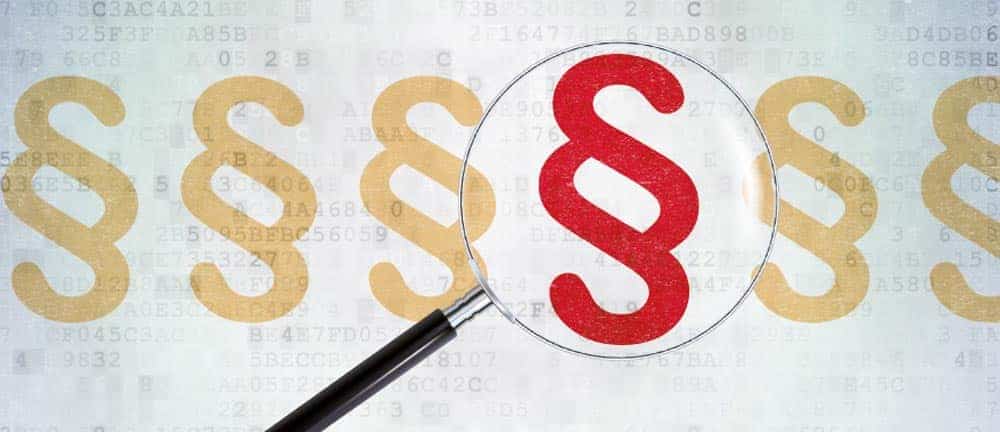Antitrust complaint against SAP


Part 1 - Stefan Autengruber
Voice, the Federal Association of IT Users, considers SAP's licensing policy regarding indirect use to be unlawful, has commissioned two legal opinions on the matter and has filed an antitrust complaint against SAP with the Federal Cartel Office.
Is this the right approach? An association that is not an SAP customer can engage in such antitrust proceedings against SAP. However, SAP customers need a functioning customer-manufacturer relationship, which can be massively disrupted by such proceedings, which is why we advise against such drastic steps by SAP customers.
SAP is still a manufacturer with which the best commercial results can be achieved in a well-prepared dialog. This is a prerequisite:
1. knowledge of all contracts;
2. knowledge of all materials;
3. knowledge of all PKLs;
4. knowledge of all GTC;
5. historical knowledge of product developments;
6. historical knowledge about license developments of products (carve-out; define new).
The following principle applies: What has been granted once can be granted again (albeit in a transformed form and taking into account the new technology and amended property rights).
After all, SAP is interested in satisfied existing customers. What SAP must be criticized for: The SAP pricing model cannot fit all business cases and not all customers.
The pricing of indirect use on a user basis - and here with the highest-value User Professional at 3200 euros - cannot fit. If SAP had introduced more cost-effective user types here that were suitable for realistic business cases, there would be no antitrust complaint.
Another example: a sales and service order transaction cannot have the same license price for a stamp and for the purchase of a car. Associations are now trying the legal route to mitigate this discrepancy.
We recommend inviting them to the negotiating table with a well-prepared negotiation manuscript from the customer's perspective. If SAP recognizes the determination, flexibility is granted. Where products cannot be changed, discounts can be increased.
Where there are no discounts, other products can be discounted at a higher rate. Where there is no offsetting, a workaround can be created, and where there is no longer any legal certainty, future clauses can be used to make contractual provisions for important matters.
Part 2 - Peter M. Färbinger
SAP shows monopolistic behavior. The global ERP market leader has moved far away from transparent rules with its existing customers. SAP CEO Bill McDermott's goal is to triple the share price.
He promised this at this year's Annual General Meeting in Mannheim. However, he must increase the operating margin to achieve this, which he has not yet succeeded in doing, so the share price fell significantly to below EUR 100 when the figures for the third quarter were announced.
But there is still hope: despite SAP's de facto monopoly in the ERP sector, negotiations between SAP sales representatives and existing customers are like a bazaar. There is haggling and bargaining for every license.
You can find instructions on how to do this on the left-hand side in the text by Stefan Autengruber. However, it is not everyone's cup of tea to haggle, tactic, protest and argue. Many existing SAP customers want a fair and transparent license rule that is the same for everyone and applies everywhere.
That would also be in the spirit of fair competition, because why should the rhetorically better trained, tactically cleverer existing customer have an advantage over a user who doesn't reach so deeply into their bag of tricks?
Voice, the Federal Association of IT Users, is doing the right thing! With its legal opinions, it creates a level playing field for everyone. Naturally, Stefan Autengruber is right in that he demands a functioning customer-manufacturer relationship - but unfortunately this was lost many years ago.
SAP does not treat customers equally. If you have a famous name that sells well as a reference on a Sapphire stage, you get almost everything from SAP. Unfortunately, SAP prefers the non-transparent, unfair bazaar method!
Only antitrust proceedings will be able to restore equal opportunities, transparency and fairness in the SAP community. Those who shy away from the conflict now will forever remain a victim of SAP and will have to pay. In the USA, SAP has sent an existing customer an invoice for 600 million dollars for back license payments.
After fierce disputes, the amount was reduced to around 270 million dollars. SAP CEO Bill McDermott will be seeking many more such disputes in order to increase his operating margin, as the aim is to triple the share price.







